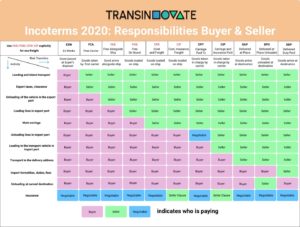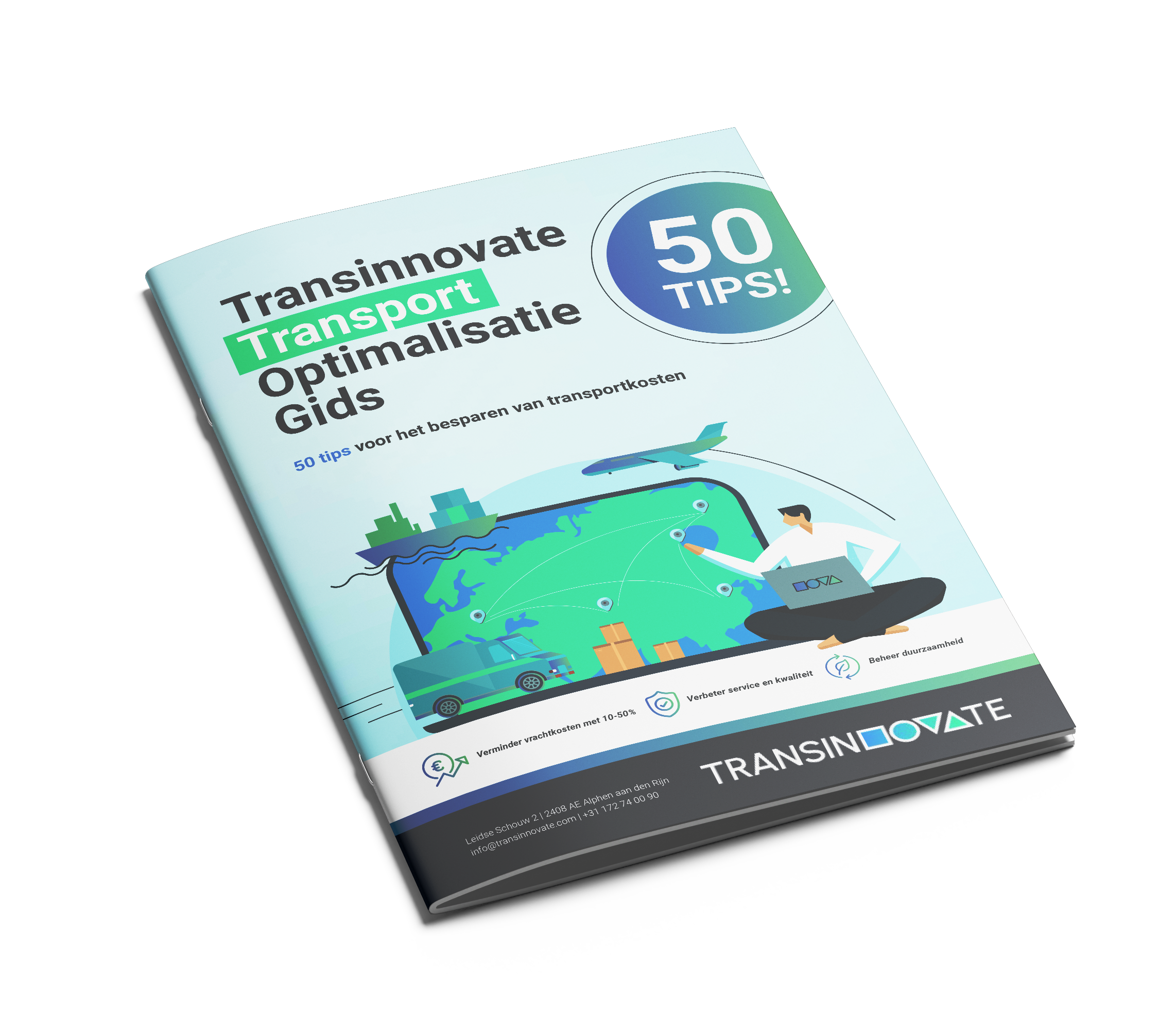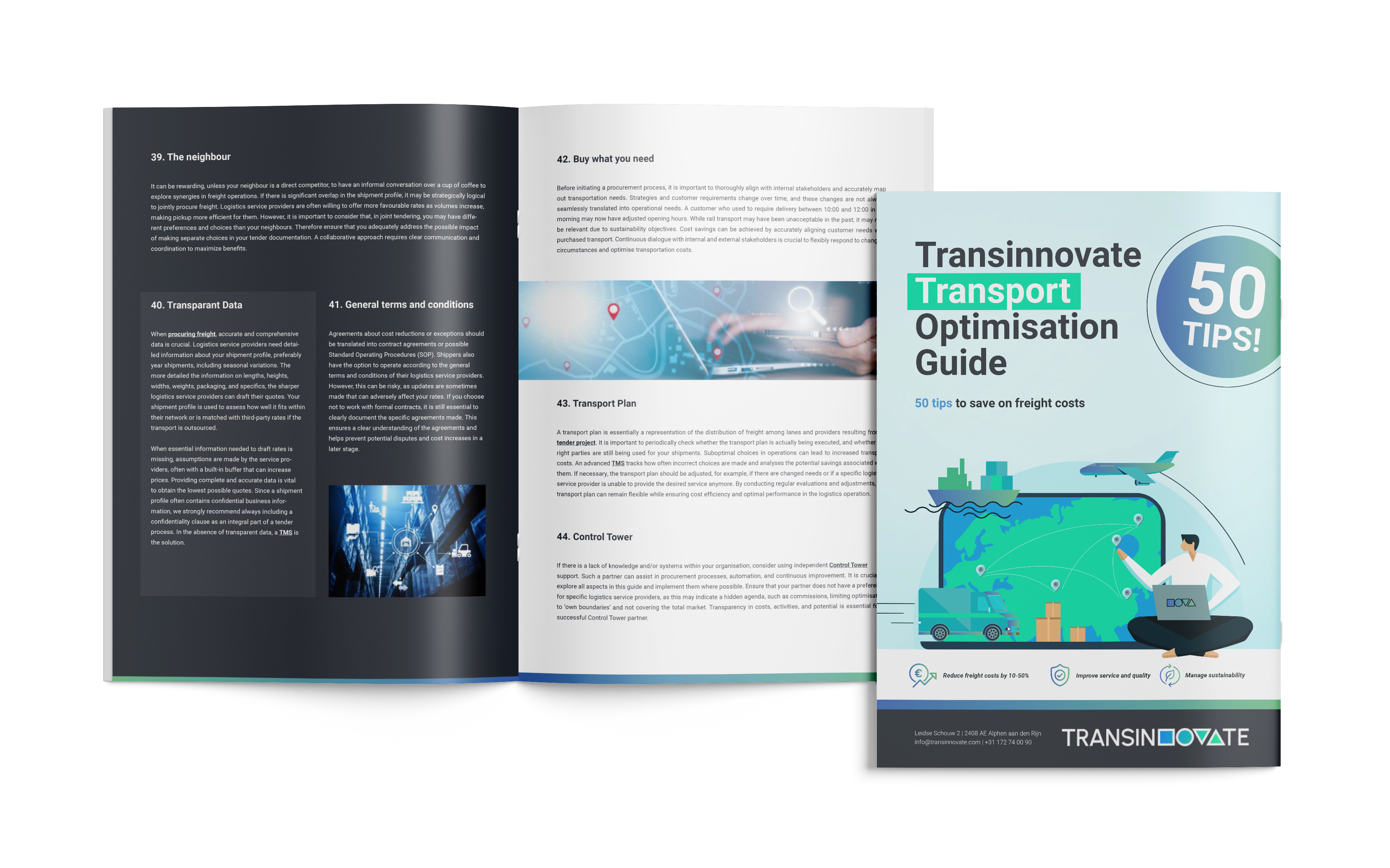The FOB Incoterm® is one of the standardised international delivery terms agreed upon between buyer and seller. These are rules that establish worldwide agreements on transport, costs, and any potential damage during transportation. Every ten years, the International Chamber of Commerce (ICC) updates the Incoterms®. The most recent version, the ICC Incoterms® 2020, came into effect on January 1st, 2020. An overview of all incoterms is available here.
 What is FOB Incoterm®?
What is FOB Incoterm®?
The Free On Board (FOB) Incoterm is an international trade agreement that is used for transport over water. In an FOB arrangement, the seller is responsible for delivering the goods to a named port, and the transfer of risk and cost occurs when the goods pass the ship's rail and are loaded onto the vessel.
Advantages FOB Incoterm®
- Clear Transfer of Risk: FOB provides a distinct and clear point where the risk and cost transfer from the seller to the buyer-when the goods cross the ship's rail. This clarity helps in avoiding disputes and ensures a well-defined division of responsibilities.
- Simplified Logistics: FOB simplifies logistics by specifying the point of delivery at the port. Sellers can focus on production and delivering the goods to the designated port, while buyers take control of the transportation and other logistics from that point onward.
- Cost Control for Buyers: Buyers gain control over the shipping process from the port onward, allowing them to choose carriers, shipping methods, and handle subsequent logistics. This flexibility can lead to potential cost savings for buyers.
Drawbacks FOB Incoterm®
- Seller Responsibility Limitations: Once the goods are loaded onto the vessel, the seller's responsibility ends. If issues occur during the ocean freight, such as damage or delays, the buyer bears the responsibility and cost of addressing these problems.
- Limited Seller Involvement in Subsequent Logistics: While FOB simplifies the seller's responsibilities, it also means that the seller has limited control or involvement in the subsequent transportation and delivery processes. This lack of control may be a drawback for sellers seeking more oversight.
- Potential for Disputes at the Loading Point: Disputes may arise if there are disagreements about the loading process or if the goods suffer damage during loading. Clear communication and detailed agreements on loading procedures are essential to mitigate these risks.
Summary Free on board
In summary, FOB offers clear delineation of responsibilities at the port, providing simplicity in logistics for both parties. Sellers benefit from reduced involvement after loading, while buyers gain control over transportation and potential cost savings. However, careful communication and well-drafted contracts are essential to avoid disputes, particularly regarding loading procedures and responsibilities.
Do you frequently require goods to be transported short sea or ocean freight, either as seller or as buyer? If you would like to discuss which Incoterms® and transport solution fit best to your case, please contact us.



